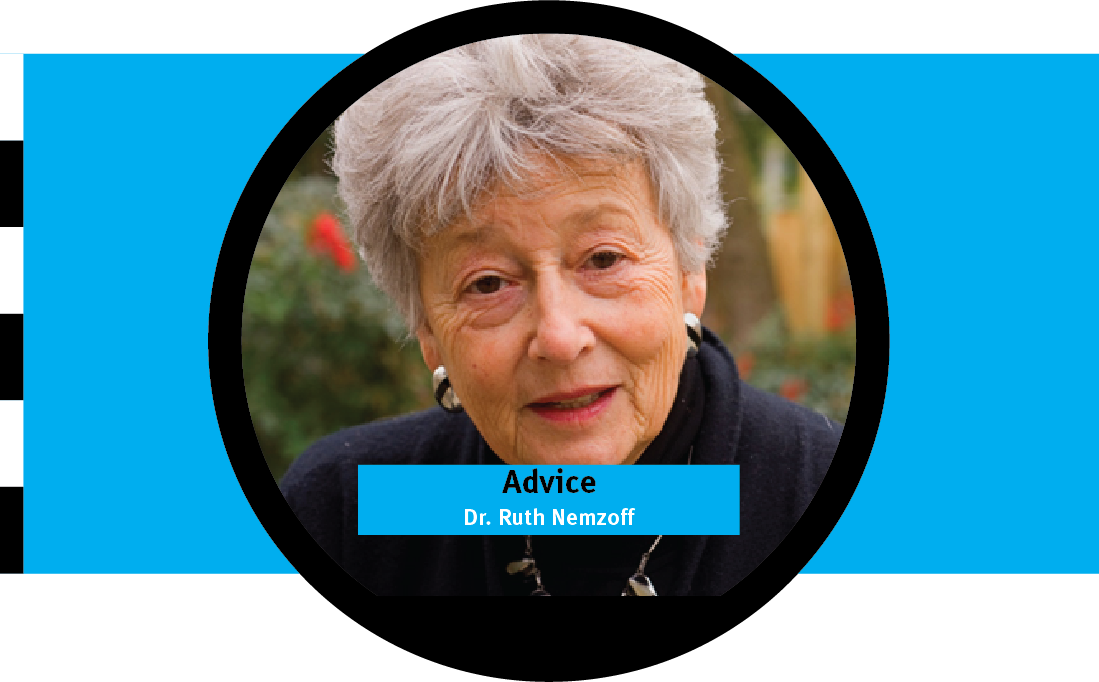Q: I am Venezuelan American. My native country is torn apart by political and economic conflict. Growing up, I heard lots of debate and discourse about the corruption in the Venezuelan government and individuals who were colloquially called enchufados, or people with contacts in the Venezuelan government who amassed fortunes through corrupt means. The adults in my life have expressed contradictory opinions regarding what should be done about the situation in Venezuela, and about the cause of the class tensions, and about how we should give back to our home country while living in the United States. Moreover, different generations in Venezuela tend to have varying recollections of the country, the politics, its history, and, this tends to cause a greater difference in opinion.
As a college student, I have observed that the Jewish student community has been deeply divided about the ongoing war and whether there should be a ceasefire or not. I hear differences about what Israel means to their Jewish identity, similar to the variety of feelings Venezuelans have about their own mixed identity and whether or not it is appropriate to socialize with enchufados. As I reflect on the parallels between my native country and the Jewish community, I wonder, in the midst of this conflict, how can Jewish communities foster a sense of community and unity?
In the case of my country, the economy continues to suffer and many Venezuelans view the government as an unofficial dictatorship; however, I have noted in my own life that Venezuelans continue to celebrate their heritage together in spite of their different political opinions. In a strange way, the fact that there is a conflict brings us together even though our opinions on what to do about it differ widely. I suppose I am wondering, during the war, how have relationships within the Jewish community been affected? What are some ways that they can foster a sense of unity amidst such a divisive conflict? Moreover, although the political and economic crisis in Venezuela has been a formative event in the lives of many Venezuelans, including my own and my family’s, the current war has impacted lives on a global scale, even those who are not Palestinian and Jewish. How have relationships with non-Jewish people and non-religious communities that Jewish people are also members of been impacted by the war?
A: Just as your community comes together around shared experiences, so are Jews coming together, many like your family, to eat the comfort food and enjoy their shared customs and avoid even mentioning their political disagreements. This is one way of keeping connections with whom we disagree. It does not bring people closer together but it maintains the ties they’ve had in the past. However, the tension in the room may be palpable. Others agree to not only share the food and the customs but also, to listen to each other and try to find the root of their differences. They may, at the end, agree to disagree or perhaps one or two of the participants will have a better understanding of why they have come to such different conclusions.
You have, however, brought up a very interesting point. Communities can learn from other cultures, their problems and disagreements. Because we don’t have the same emotional attachments, and sometimes economic interest, we find it easier to discuss the issues and make dispassionate decisions. Perhaps, discussing your country’s problems with your Jewish friends, might help them see a new way of looking at their own problems and vice versa. You could exchange ideas on what works and doesn’t work to mitigate the tensions. While the first method of avoiding the topic might seem worthwhile because you are putting aside differences with friends, it will not help solve the problems.
It is fascinating that the different generations in the Venezuelan community have conflicting viewpoints. That is also true in the Jewish community. Once we understand that, we can acknowledge that in both groups we can stop blaming the younger or older people and begin focusing on the contexts in which the generations grew up. Understanding the historical context of both groups, again can reduce divisiveness.
You can disagree with the elder’s views, but at least you can understand their viewpoint. Many Venezuelans who came to this country left security and prosperity behind because those two were no longer available to them in their home country. Large numbers of Jewish immigrants left instability and poverty to come to affluence in America. While the particular experiences are disparate, the generational divides are similar.
We can all look to the Irish who eventually made peace, not because the situation was solved but because the cost of war and terrorism was too great. The price for reaching their goals on both sides was too high.
Cuba too has a generational divide. Those who lost affluence when Castro came into power are less willing to compromise with the current communist government and left-wing politics than the younger generation. We can each look at each other’s intransigence and, perhaps, we can maybe learn more from each other’s communities than if we just talk amongst ourselves.
One way to further the discussion is to focus on the pros and cons of each solution rather than laying blame. In each situation, there is a veracity of some type. The individuals interpret the present in terms of their own experience. And that experience is built on specific moments in time and place. While no two countries have the identical issues. Maybe, just maybe we can gain new insight by viewing the attempts at peacemaking around the world.


